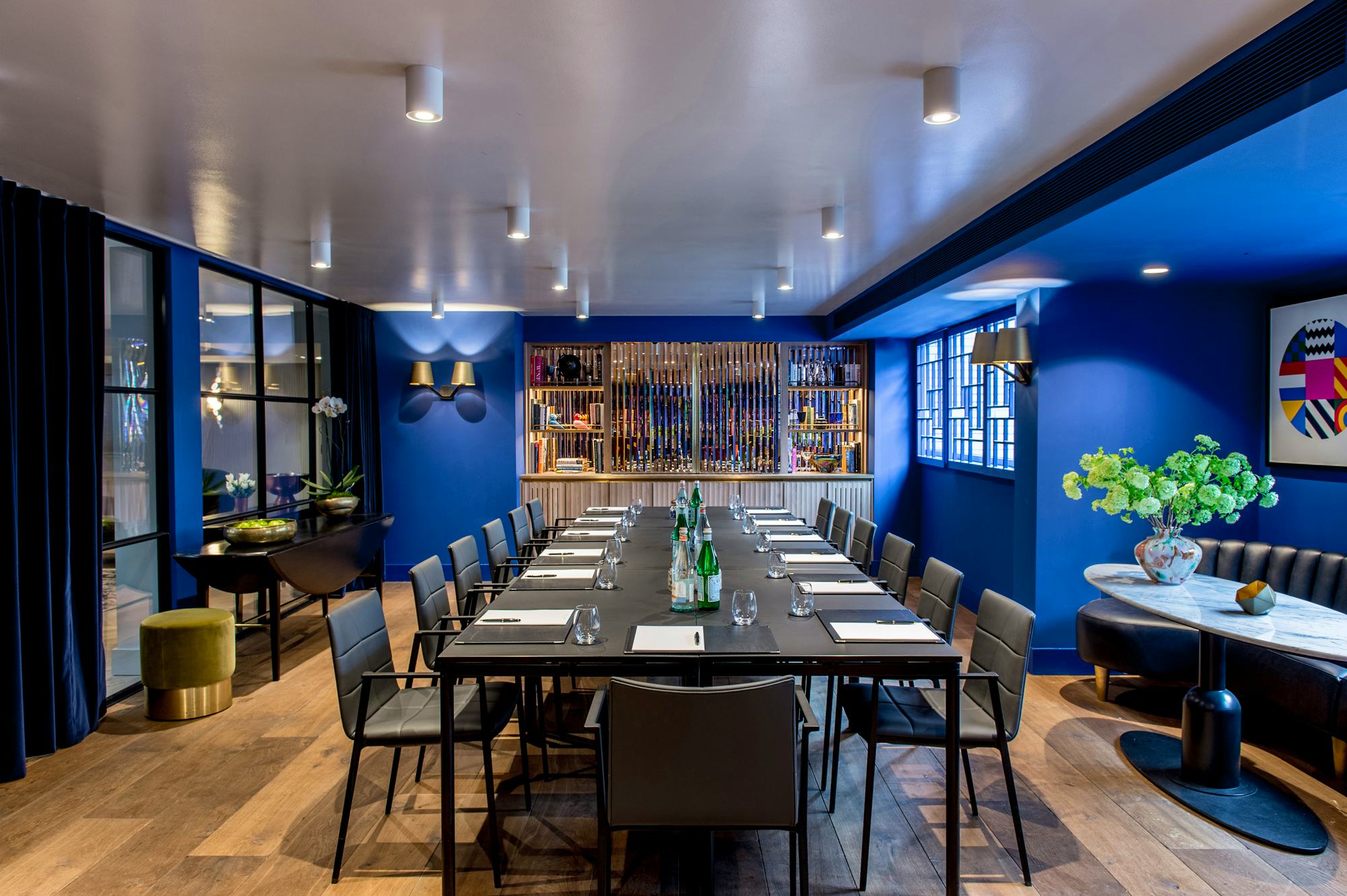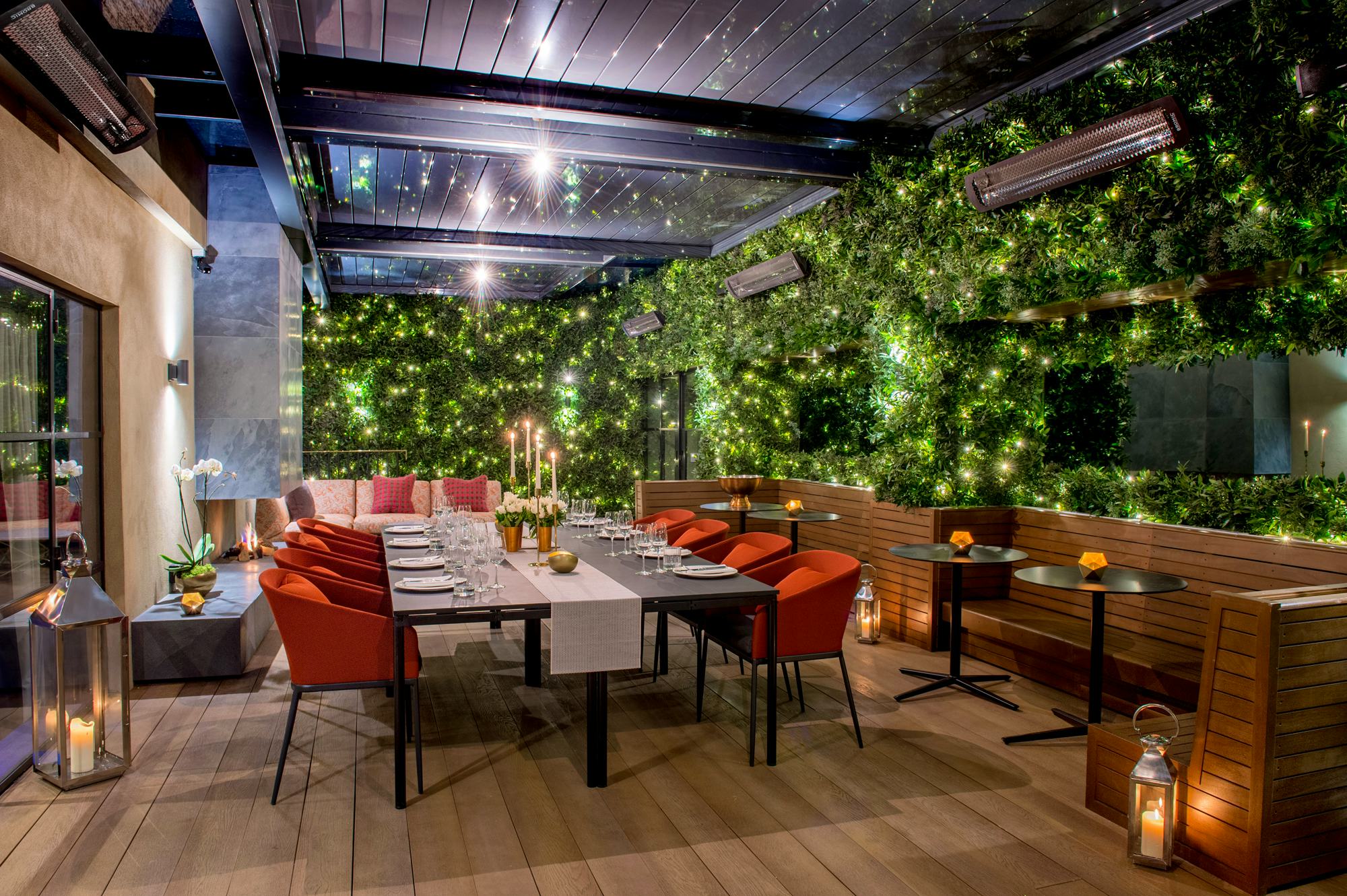As artificial intelligence gains ground on our mortal brains, human ingenuity is more indispensable than ever. We look at how the events industry is helping us to sit back, relax and get creative

Creativity is not an ability, it’s a way of operating.’ John Cleese has spent a surprising amount of time studying the subject. The quote comes from a lecture he gave on the subject in 1991 (YouTube – it’s well worth it) that’s as pertinent today as it was then.
More so, in fact, because as artificial intelligence becomes ever more advanced it’s our creativity, experts say, that will set us apart from the robots.
‘Ideation in its many forms is an area today where humans have a comparative advantage over machines,’ argue Andrew McAfee and Erik Brynjolfsson in their book The Second Machine Age. ‘Scientists come up with new hypotheses. Journalists sniff out a good story. Chefs add a new dish to the menu… These activities are supported by computers, but none are driven by them.’
Companies that foster creativity in employees are consistently found to outperform those that don’t. One study, by consultancy firm McKinsey & Company, found that 67% of businesses with the highest creativity scores enjoyed above-average revenue growth. Creativity, then, can affect the bottom line.

Underpinning Cleese’s theories on creativity are those of the late Scottish philosopher, Donald MacKinnon, who claimed creativity was not determined by IQ, but environment. An ability to ‘play’, he argued, was essential when it came to inspiring creative thinking.
Google clearly subscribes to this theory: plans for its looming £1bn headquarters at King’s Cross reveal a host of ‘play’ facilities for staff (among them, a football pitch and swimming pool), which the internet giant claims will ‘foster innovation and creativity’.
Not every company, of course, has Google’s revenues or ‘creative’ tax arrangements to facilitate a billion-pound playground, which is why well-planned off-sites are vital for companies whose employees increasingly need – demand, even – to be wowed.
 It’s our creativity that will set us apart from the robots
It’s our creativity that will set us apart from the robots
‘We’re all used to high creativity in films and TV programmes – everyone is watching Game of Thrones with its big production values,’ explains Kevin Jackson, director of ideas at The Experience is the Marketing. ‘So your creativity [in events] has to be excellent. Good enough is no longer good enough – it has to be great.’
According to Alistair Turner, former president of Ilea UK, companies are starting to appreciate the economic value of creativity and are allocating bigger budgets to pay for experiential off-sites. This trend, he says, is the main driver of growth within the events sector.
‘Our industry is growing around £3bn every three years – by 2020 we’re going to be a £48bn industry,’ he says. ‘It’s not because we’ve got better at organising; it’s because of the creative value we’re injecting into our industry.’
Find out how events spaces are evolving to foster more creative meetings